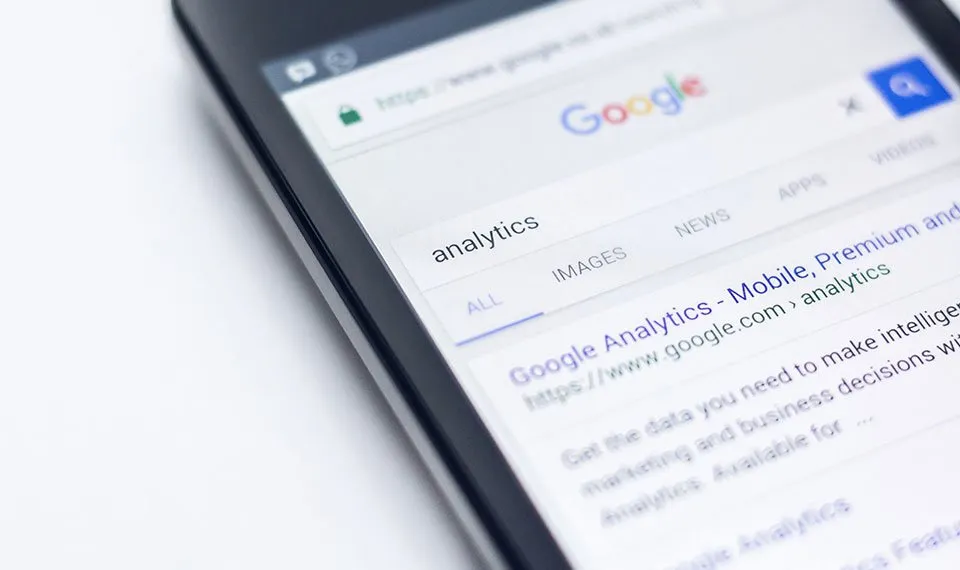So you’ve spent a lot of money to design a great website, but your phone's not ringing off the hook yet? Well, the truth of the matter is designing a website is only the beginning. Establishing an aesthetically pleasing website for your business is very important - if you haven’t read my article on this yet you can do so here – once your website is up and running on the world wide web you need to start marketing it, at least if you want to generate a lot of business from it.

Photo by Lukas Blazek
There are a lot of different ways to market your websites for traffic that can be converted into leads. In this article I will touch on a few that I have found to work very well for my company. Please bear in mind that the success of all marketing techniques varies from industry to industry so you might want to test a few and see what suits your business best.
Your website address should be EVERYWHERE!

Photo by rawpixel.com
This is an obvious one, but I still find a lot of my clients overlook it. You have to print or add your website address to every piece of business stationery you have. From business cards to car signage. Printed pens that you can hand out, brochures, company portfolios, flyers, corporate clothing etc. The introduction of websites has actually made it so much easier for companies to market themselves, you literally only need your website address on all your marketing material as this is a portal to anything a prospective client might need to learn more about your business and get into contact with you through numerous channels. Be it social media, Skype, mobile phone, the good old fashioned landline phone or even your address nicely laid out on an interactive Google map that gives the user directions there and then.
Social Media Business Pages

Photo by NordWood Themes
If you haven’t created business pages on the popular social media platforms then do so now. It is true that if you do not post on your social media platforms regularly it can have a negative effect, but there are a few other factors to take into account here too. Social media pages tend to rise high in Google search results fairly quickly and easily, so there’s that; when someone searches your business name you can literally take over the first page on Google. Besides, it really does not take a lot of time to post on social media platforms once a week. I’d suggest every business to have at least 3 social media business pages. The popular ones to consider are: Facebook, Instagram, Linked In, Twitter, Google Plus and Pinterest. Which ones you go with depends on what industry you’re in. If you are in the journalism sector you absolutely must be on Twitter. If you sell very visually appealing products you need to be on Instagram and Pinterest. Personally I prefer Linked In for individuals, i.e. a platform where your entire CV and career history lives and where you can build up a network of contacts. I’ve gotten into the habit of adding every person that gets into contact with me, whether they end up doing business with me or not. Last, but not least, Facebook is a given. It’s the largest platform and your business should be on it for publicity. Period.
Paid Advertising AKA Pay-Per-Click (PPC)

Photo by Edho Pratama
Definitely, DEFINITELY try out Google AdWords. It works like a charm! It is wonderful for smaller businesses that operate locally. You simply need to set the geographical location in which you want your adverts to appear and list a few keywords you would like to rank for. The trick is to choose only a few keywords, keywords that your prospective clients will search, and then bid quite competitively on those. Contrary to popular belief you do not have to spend a fortune on AdWords, there are a lot of things you can set to keep the costs low. Such as setting the time of day your ads will appear, your preferred budgets and you can ask an SEO expert to assist with matching the website SEO with the adverts you are running on AdWords. The latter gets a bit more technical to explain, in short it helps keep your adverts’ quality scores high which means you pay less per click. I wrote an article about SEO here. Give it a read if you want to know more about SEO as it is also a very good marketing technique.
Social Media Pay-Per-Click Campaigns (PPC)

Photo by freestocks.org
Let’s not forget about Facebook adverts and Linked In adverts. Facebook is great in that you can target very specific demographics. For example, if you are selling baby toys in your area you can literally set your adverts to only appear in the feeds of young mothers. The platform works by collecting information from all the users and studying what each user is interested in - gathering information about what users click on, like, follow and so forth. Linked In is great in that it collects information such as the industry users work in and even the job titles they hold. If for example you are selling alarm systems to large companies you might want to target your adverts specifically to show in the feeds of security directors and managers that work for corporate companies.
Consult a professional

Photo by Helloquence
I do advise everyone to at least speak to a few professionals in the field of digital marketing, it does help to pay the right people to do the job right. Although, with the advent of the internet, nothing stops you from doing your own research and teaching yourself the basics. Trust me, once you get into this and you start seeing the results you will, like me, start putting a lot of money into it, because the returns only get bigger.
I hope that my post has inspired you to start looking into digital marketing. If you have any questions, please do not hesitate to ask me in the comments section below.
Thank you for reading,
Sincerely – BegToDiffer